Tamas Lanczi, President of Hungary's Sovereignty Protection Office, stated in InfoRadio's Arena program that political pressure organizations must be clearly separated from genuine civil organizations, and that a proposal to this effect has already been submitted to the legislature. Lanczi believes that the USAID scandal that erupted in the United States has given new impetus to the work of uncovering pressure networks.
In the interview, Lanczi highlighted that the greatest achievement of the Sovereignty Protection Office, which has been operating for a year, is the exposure of networks that have manipulated Hungarian public life, and the identification of their funding mechanisms. He noted that the full extent of the network has only become visible since the new U.S. administration made public the most important data regarding the influence and political pressure network built by the Democratic Party over the past decades.
This is a very extensive, sprawling network. We have published reports and analyses on this, which have sparked significant debates,
he added.
He also explained that his office has examined the narratives represented by various networks and has managed to highlight great power interests, primarily linked to the United States, while also identifying Russian attempts at influence concerning war narratives.
The Goal: Prevent political pressure organizations from accepting foreign funds
According to Tamas Lanczi, during the regime change, there was a consensus that political parties in Hungary should only be financed from Hungarian sources. The party law was enacted because the legislature recognized the danger of foreign influence.
If we declared that parties should not accept foreign funding, then the same general principle should be applied to political pressure organizations as well,
he emphasized, noting that approximately 60,000 NGOs operate in Hungary, 99% of which engage in genuinely civil activities. By contrast, pressure organizations exploit the lenient Hungarian regulations to blend in among them.
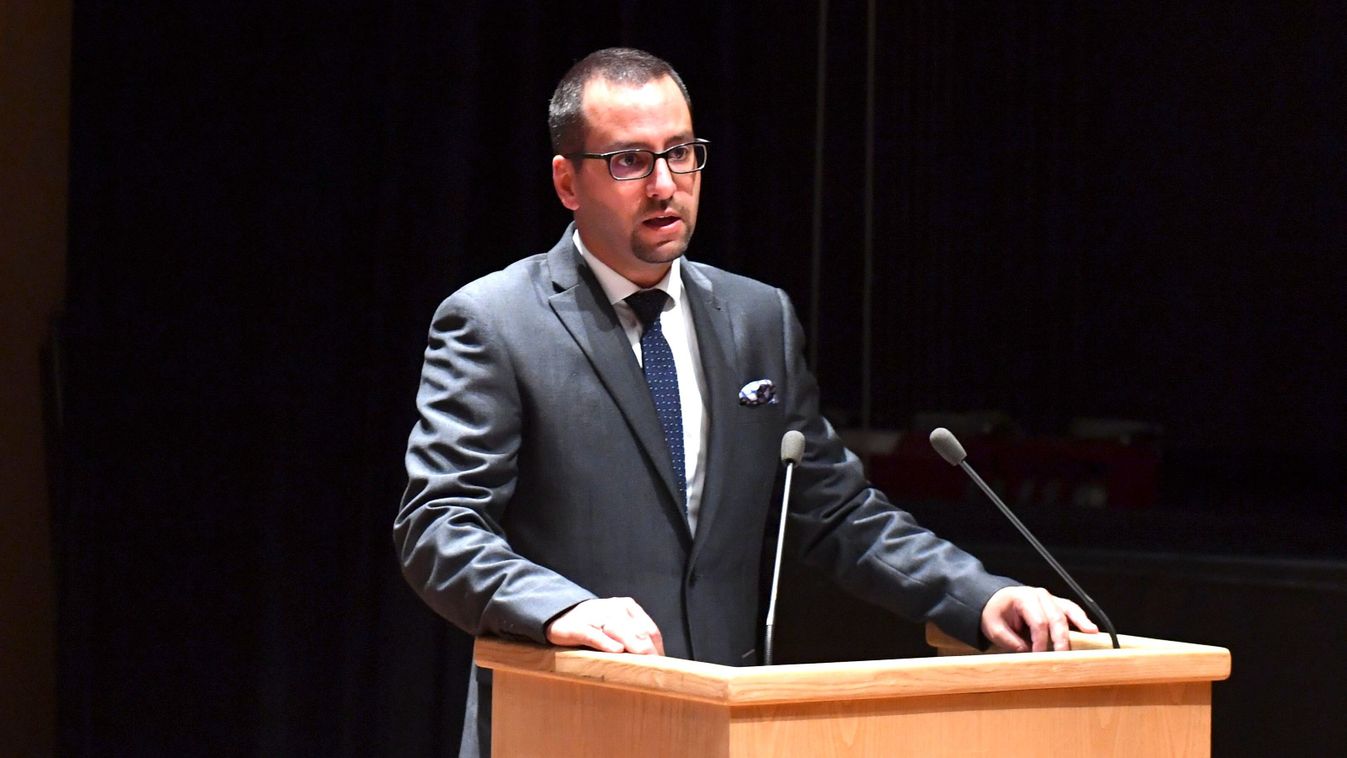
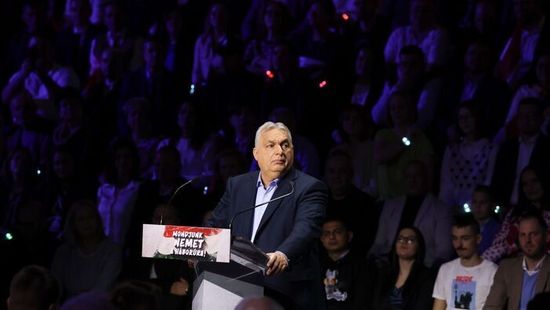


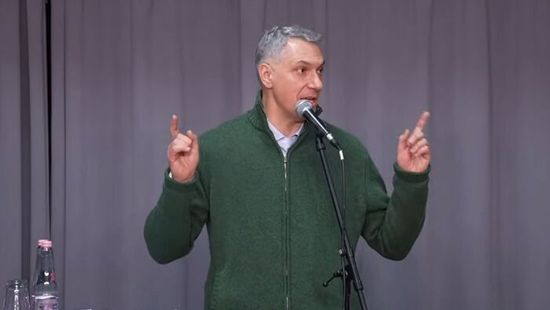








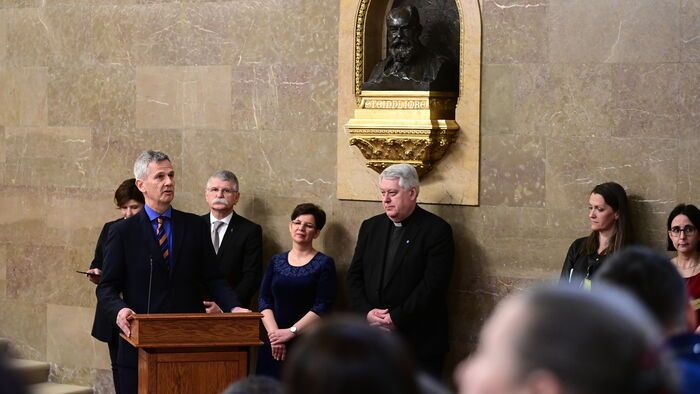

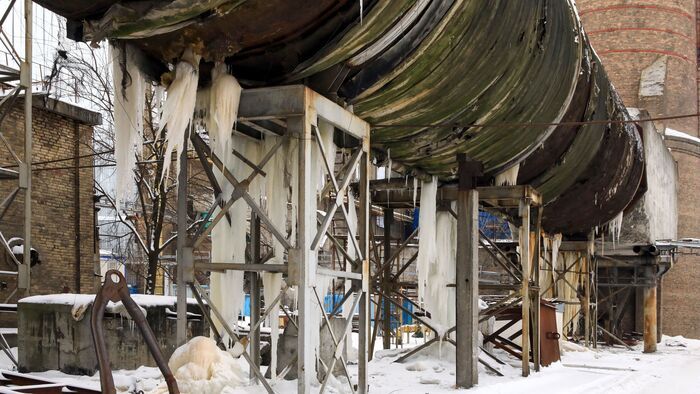
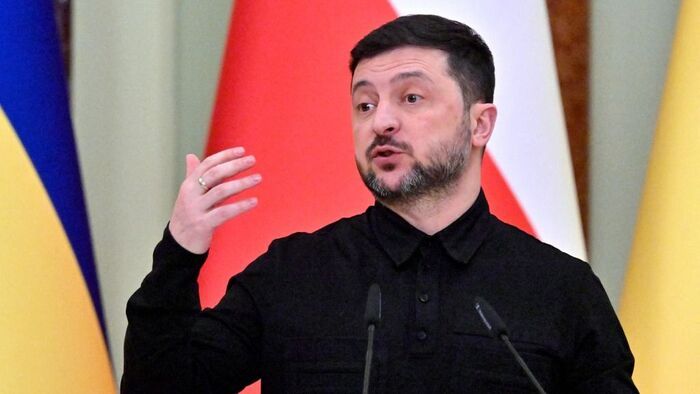





Szóljon hozzá!
Jelenleg csak a hozzászólások egy kis részét látja. Hozzászóláshoz és a további kommentek megtekintéséhez lépjen be, vagy regisztráljon!